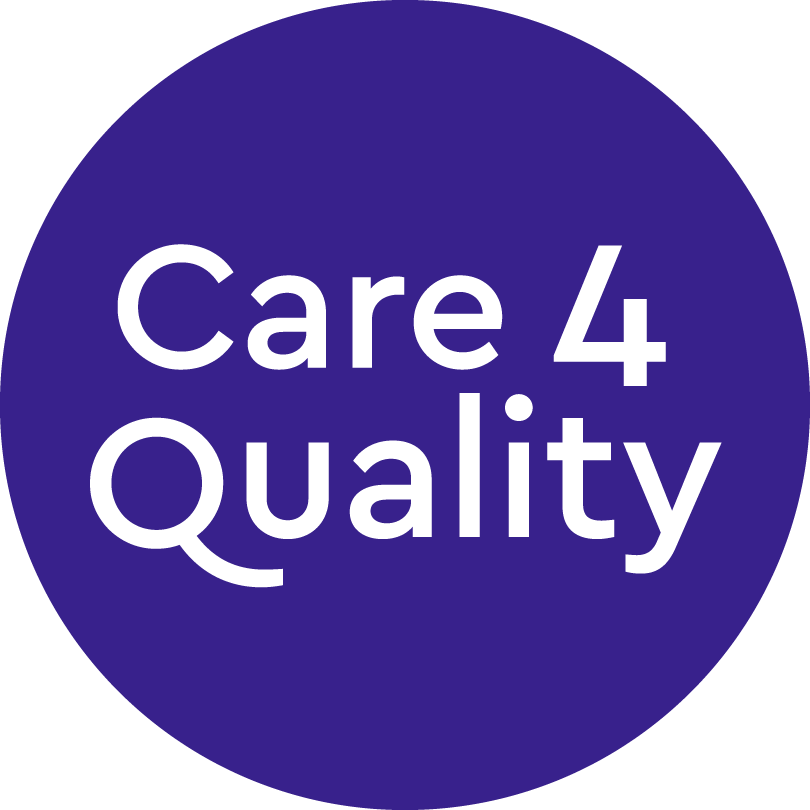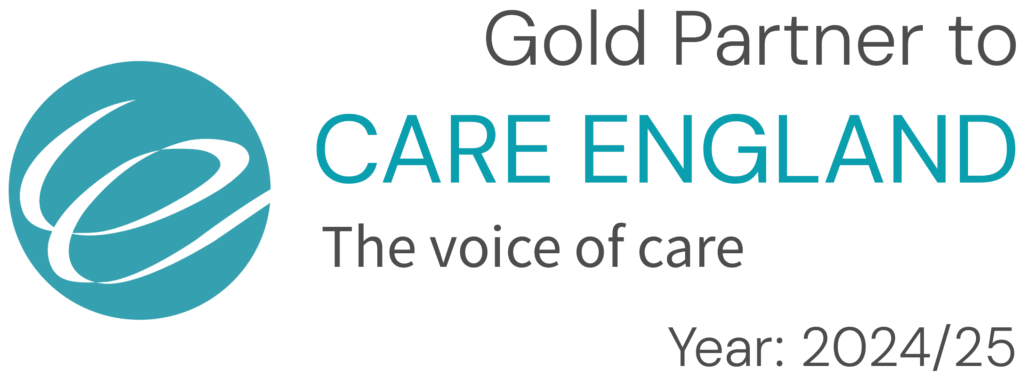In the dynamic landscape of health and social care, managing staff training effectively is a constant juggling act. Amidst busy shifts and diverse schedules, it’s easy for mandatory training to slip through the cracks. However, ensuring your staff are adequately trained is not just a regulatory necessity – it’s the cornerstone of safe, high-quality care.
The Care Quality Commission (CQC) emphasises this in their Quality Statement on “Safe and Effective Staffing”:
- There should be appropriate staffing levels and skill mix to ensure consistent, safe, and high-quality care.
- Staff must receive training relevant to their roles.
- Support systems (supervision, appraisal, development opportunities) are essential.
- Learning and improvement should be fostered at all levels, and poor performance managed appropriately.
Why do we need robust training?
Research consistently reveals a link between staff training and quality of care. For instance, a study published in the Journal of Advanced Nursing found that comprehensive training programs significantly improve staff competence and patient satisfaction. Conversely, inadequate training can lead to errors, incidents, and compromised care quality.
The consequences of neglecting staff training extend beyond individual incidents. The Health and Safety Executive (HSE) highlights the potential for legal repercussions if staff lack the knowledge and skills to fulfil their roles safely. Moreover, staff who feel unsupported in their professional development are more likely to experience burnout, contributing to high turnover rates – a costly problem for care providers.
National Institute for Health and Care Excellence (NICE) guidelines and Skills for Care resources offer invaluable guidance on competency frameworks and best practices in training. Familiarising yourself with these resources is crucial for developing a robust training strategy.
Applying to Practice: Effective Staff Training Management
- Comprehensive Training Needs Analysis: Begin by identifying the specific training needs of your staff. This involves considering their roles, experience levels, and any gaps in knowledge or skills.
- Prioritise Mandatory Training: Ensure all mandatory training (e.g., safeguarding, infection control, first aid) is up-to-date. Create a clear schedule and communicate it to staff well in advance.
- Utilise a Training Matrix: A training matrix is an indispensable tool for tracking staff training compliance. It allows you to visualise who has completed which training, when it needs refreshing, and any upcoming deadlines.
- Diversify Training Methods: Don’t rely solely on classroom-based training. Explore e-learning modules, workshops, shadowing opportunities, and on-the-job training to cater to different learning styles.
- Foster a Learning Culture: Encourage staff to take ownership of their professional development. Offer incentives, recognise achievements, and create a supportive environment where learning is valued.
- Regularly Review and Update: As regulations and best practices evolve, your training program should too. Conduct regular reviews to ensure your training remains relevant and effective.
How We Can Support You
At Care 4 Quality, we understand the complexities of staff training. Our consultancy offers:
- Mock CQC Inspections: Identify areas for improvement and build staff confidence.
- Support Visits: Receive expert guidance and practical strategies for optimising your training program.
- Training Matrix Template: Get a head start with our customisable template HERE.
- Staff Training: We offer bespoke staff training to meet your requirements, such as the new single assessment framework and good governance.
Conclusion
Safe and effective staffing hinges on well-trained, confident, and supported staff. By investing in comprehensive training, you’re not only fulfilling regulatory requirements – you’re investing in the future of your organisation. Remember, a well-trained team is a high-performing team, capable of delivering exceptional care and achieving outstanding results.
Let Care 4 Quality be your partner in achieving excellence. Contact us today to learn more about how we can support your staff training initiatives.

